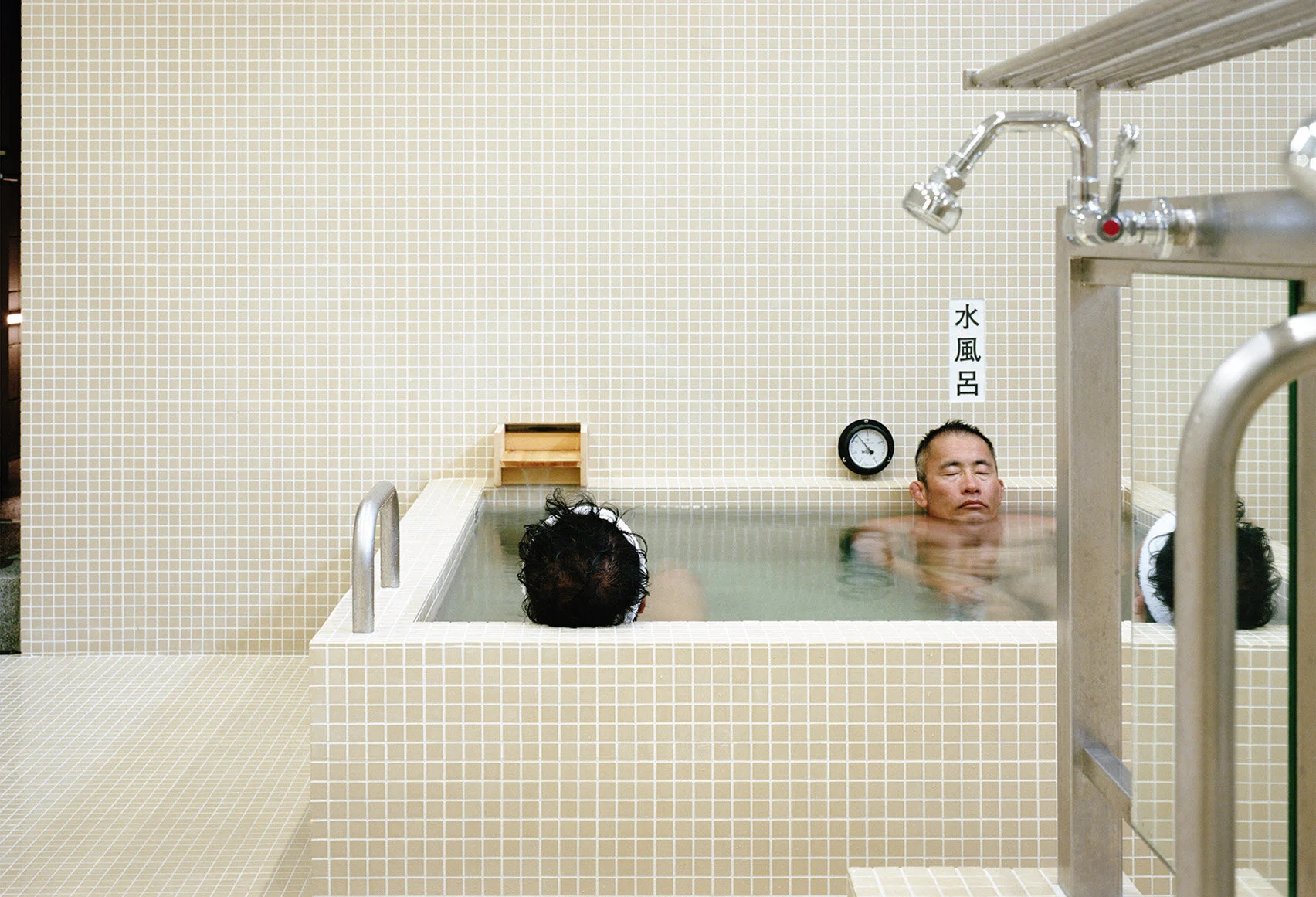THE SABUKARU GUIDE TO JAPAN: THE SENTO

Sento (銭湯) is a type of communal bathhouse in Japan.
The small bathhouses are located all over the country and in every neighbourhood but most of the time only recognizable on the second glance. Rules and pricing are regulated per prefecture based on local committees. The normal price for an adult in Tokyo is ¥450, with some facilities offering exclusive options, continuing sauna for example with an entrance fee of around ¥1000.
The Sento dates back to the very beginning of the Japanese nation. As part of temples, they first appeared in the Nara period (710–784) and were initially reserved for priests and sick people in exceptional situations.
At the end of the Edo period (1603–1868), baths had to be segregate by sex in order to ensure public moral standards. However, many bathhouse owners merely partitioned their baths with a small board, allowing some voyeurism to persist, or had men and women bathe at different times of day. Laws regarding mixed-sex bathing were soon relaxed again.
Contributing to the popularity of public baths in the Edo period were female bathing attendants known as yuna who helped cleanse customers by scrubbing their backs. After official closing hours, however, a number of these women would sell sex to male customers. Therefore yunas and mixed-bathing were soon prohibited again.
During the Meiji period (1867–1912) the design of Japanese baths changed considerably. The narrow entrance to the bathing area was widened to a regular-sized sliding door, the bathtubs were sunk partially in the floor so that they could be entered more easily, and the height of the ceiling of the bathhouse was then doubled.
The number of Sento peaked in 1970 after the war left many cities and homes destroyed which resulted in an increase of public bathhouses. But as private baths became more and more popular ever since the amount of Sento baths is decreasing. Despite many Japanese feeling embarrassed to be seen naked in public, others are concerned that without the "skinship" of mutual nakedness, children will not be properly socialized.
Text by: Peter Obradovic

















![TOKYO TOY STORY - A DEEP DIVE INTO TOY CULTURE [Sabukaru for StockX]](https://images.squarespace-cdn.com/content/v1/57825361440243db4a4b7830/1630581822871-1K77421ASXXVS8GY8K6F/Tokyo+Toy+Culture+Madarake+Otaku+Guide+Manga+Anime+Kawas+Toys+Nakano+Broadway35.jpg)
